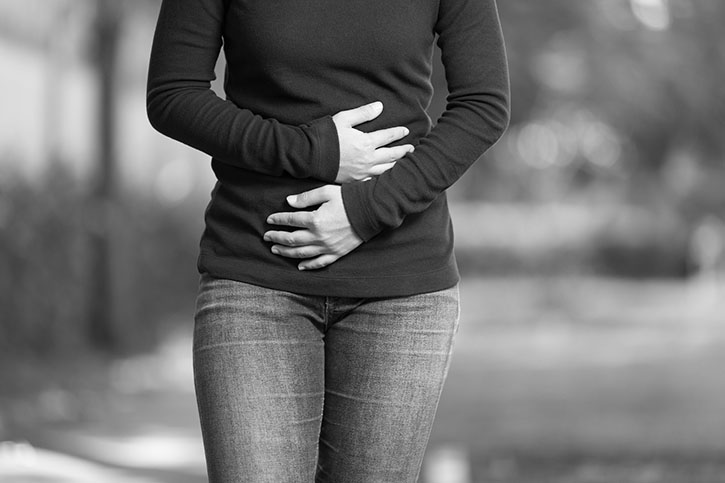Endometriosis is a very common disorder among women, which can cause significant pain, discomfort and even fertility issues.
But what is endometriosis, what are its symptoms, and how can it be treated? Read on to find out.
What is endometriosis?
Endometriosis occurs when tissue grows outside of the uterus. The tissue thickens, breaks down and bleeds with each menstrual cycle, similarly to the tissue which regularly lines the inside of the uterus. However, because this tissue has no way to exit your body, it becomes trapped. This can cause cysts to form, and surrounding tissue can become irritated, eventually developing scar tissue and adhesions. As a result, this can cause pelvic tissues and organs to stick to each other, leading to significant pain and discomfort.
Symptoms of endometriosis
It is not uncommon for endometriosis to be confused with severe period pain, as its main symptom is pelvic pain, similar to the cramps most women experience during their period. Other symptoms may include:
- Lower back and abdominal pain.
- Pain during or after sexual intercourse.
- Pain with bowel movements or urination.
- Excessive bleeding during period.
- Infertility
- Fatigue, diarrhoea, constipation, bloating or nausea.
Diagnosing endometriosis
If you experience any of the above symptoms, it is important that you see a doctor. Your doctor will discuss these symptoms with you and suggest possible tests which can be used to diagnose endometriosis. This may include a pelvic exam, where your doctor will manually feel your pelvis for abnormalities such as cysts. Otherwise, an ultrasound, MRI or laparoscopy may be recommended.
Treatments for endometriosis
Treatment for endometriosis usually involves medication or surgery. The approach you and your doctor choose will depend on how severe your signs and symptoms are and whether you hope to one day have a child. Your doctor may recommend over-the-counter pain relief or hormone treatments such as the contraceptive pill. If you are hoping to become pregnant, surgery to remove the endometriosis implants while preserving your uterus and ovaries could be successful, as well as fertility treatments. If the disorder is severe and you do not want to conceive, surgery to remove the uterus and ovaries could be considered. It is important to find a doctor who you are comfortable with if you would like to treat endometriosis effectively. You may want to get a second opinion before starting any treatment to be sure you know all of your options and the possible outcomes.
Dr Bevan Brown is one of the most trusted gynaecologists in Sydney and will be thrilled to give you complete and compassionate care in every way possible.
If you have any questions regarding endometriosis or would like to book an appointment, please do not hesitate to get in touch.
